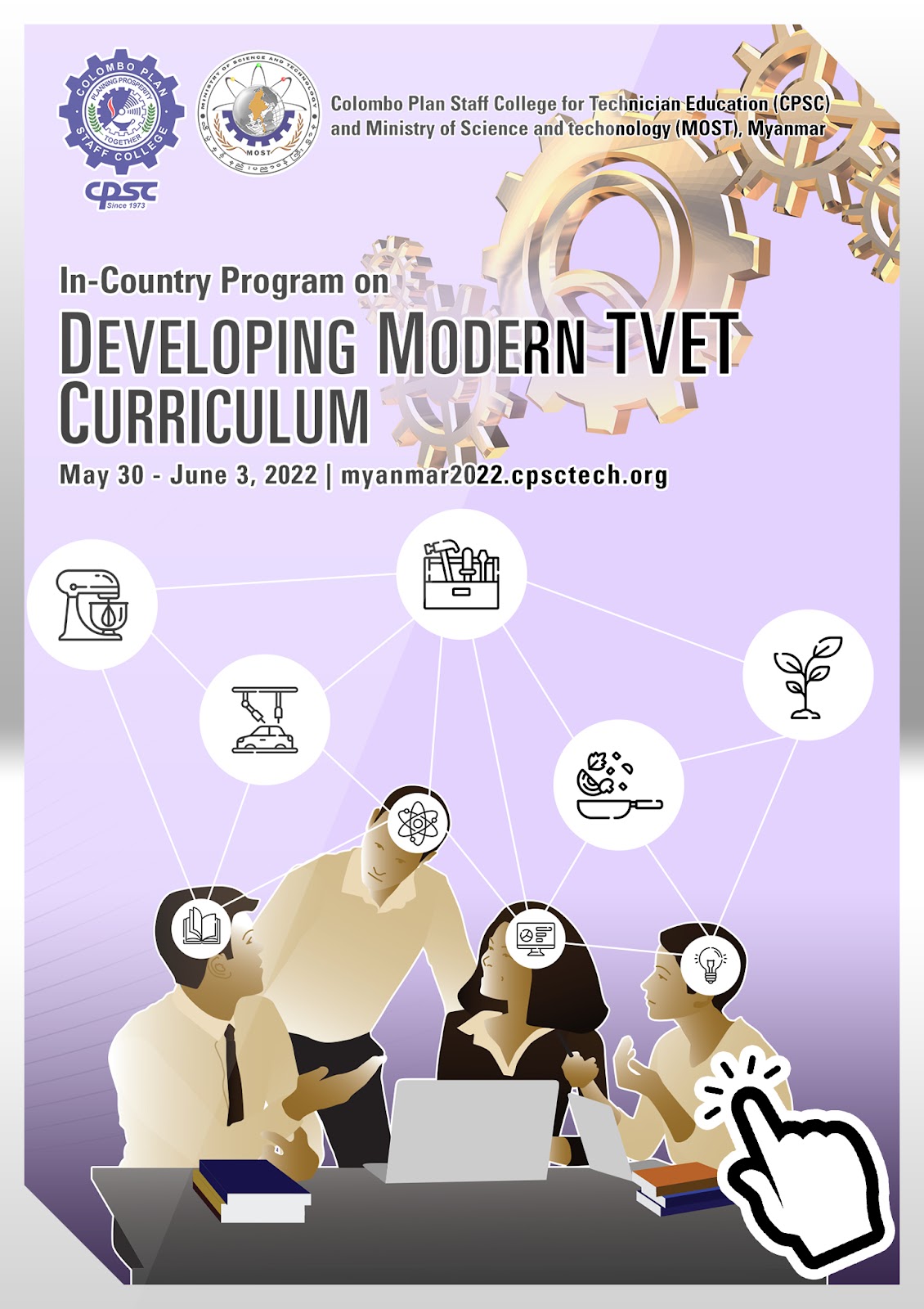
Program Type: Regional Program /
Main Contemts
Objectives
The participants are expected to:
- Comprehend the role and significance of a strategic plan in the development of national public interest.
- Understand the role and significance of the CPSC strategic plan’s elements such as vision, mission, strategic goals, and objectives, and be able to identify formulations of those elements that are in line with National requirements.
- Provide check-and-balance controls for the vision, mission, strategic goals, and objectives drafted by the NCW and expert participants and ensure that the outputs that they review are linked with their national agenda.
- Provide validation to the Strategic Plan inputs and made by the delegates of the National Consultation Workshop (NCW) and Experts Meeting (EM).
- Ratify and recommend the Strategic Plan 2023-2028 to the CPSC Governing Board for implementation.
- CPSC Performance Overview & Strategic Focus
- CPSC’s Strategic Plan 2018-2023, Highlights and Status Report, and Issues and Challenges for the Future (Softcopy)
- Sustainable TVET Strategies on a Global Perspective.
- Country Paper Presentations on TVET Challenges:
- Skill Migration & TVET Branding (Philippines )
- TVET Accreditation and Quality Assurance (Malaysia)
- Digital and Virtual TVET (India)
- TVET image Building: Singapore’s Success Story
- Strategies on Transformation to workplace learning for Future-Ready TVET
- CPSC Strategic plan 2023-2028 Process + Results of the expert Meeting 2022 in Malaysia
- Potential Programs and Expectations for CPSC in View of the Member Countries input requirements
- Analysis and Synthesis of the National Consultation Workshop, Expert meeting Results and the Crafting of the Activities
Program/Conference Strategies
To achieve the objectives set forth, the following strategies will be employed in a consultative nature:
Presentations on the following:
Exercises and workshops on the following:
International Seminar on “Leadership & Strategy for Sustainable TVET”
The international seminar on “Leadership and Strategy for Sustainable TVET” aims to bring together additional participants in order to share and discuss emerging challenges and best practices as shared by selected TVET experts. For this program, experts from Singapore are invited to share their country’s experience and best practices particularly on “Image Building” and “Strategies on Transformation to Workplace Learning for Future-Ready TVET”, with the aim of replicating and learning from the Singaporean model in implementing strategies for Sustainable TVET.
The seminar will also convene a panel of experts that will further digest and discuss the inputs of the speakers vs the feedback from various invited stakeholders in the event. The panel will also be helpful in contextualizing these inputs into tangible plans of action that will benefit the stakeholders in adapting a careful strategy through the analysis of best practices from other systems.














